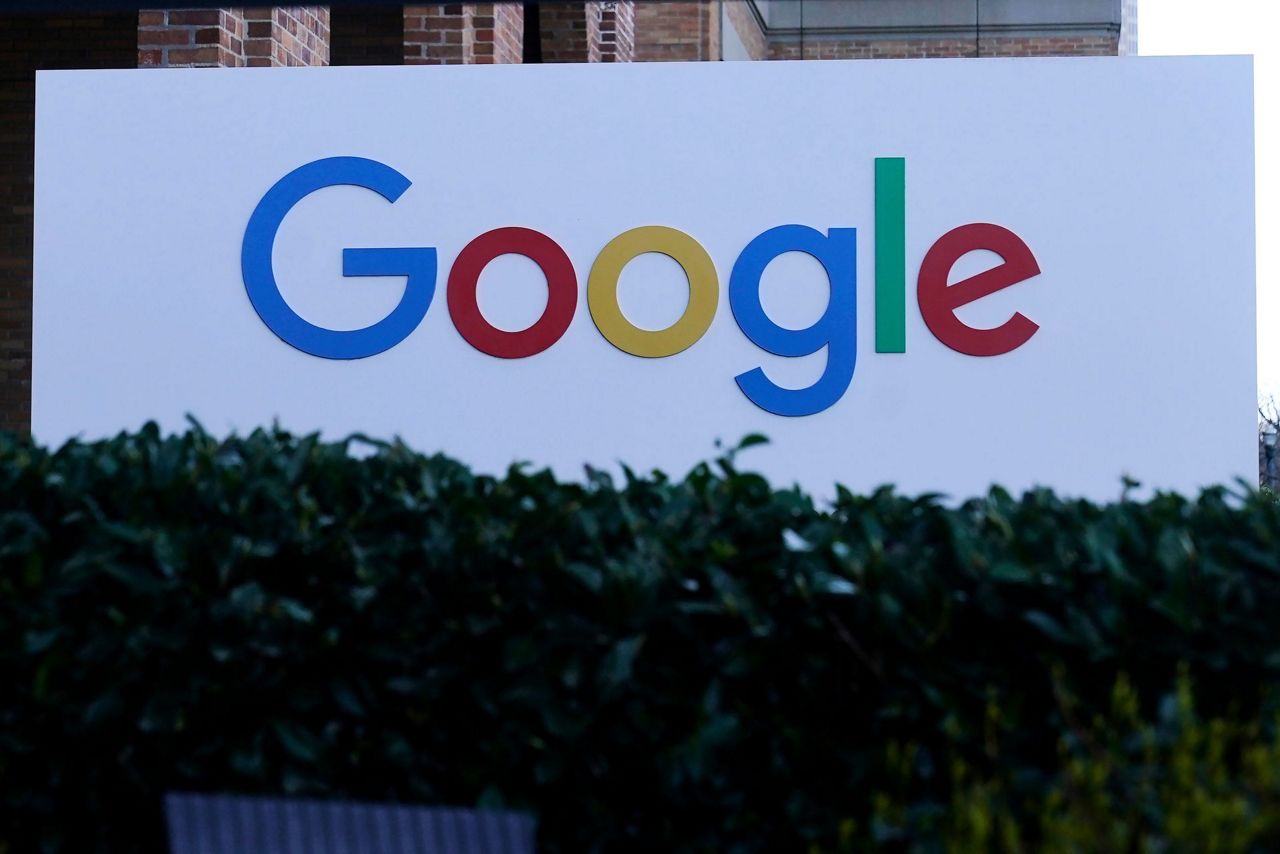UK Regulators Target Google's Dominance in Search Advertising Market
UK's antitrust watchdog designates Google as a 'strategic' player in search advertising, enabling new regulatory powers to ensure fair competition in the digital marketplace.

The Competition and Markets Authority headquarters in London, where landmark decision on Google's market status was made
Britain's Competition and Markets Authority (CMA) has taken a landmark step by officially designating Google as a "strategic" player in the online search advertising market, marking the first application of new UK digital regulations that came into effect this year.
Strategic Market Status and Its Implications
The designation, which acknowledges Google's "substantial and entrenched market power," comes amid growing scrutiny of tech giants' market influence. With Google controlling over 90% of UK's online searches and serving more than 200,000 British businesses through search advertising, this move signals a significant shift in digital market regulation.
This development follows a broader trend of increased technological oversight, similar to recent developments in AI-driven innovation and regulatory frameworks across various sectors.
Potential Regulatory Measures
While the CMA hasn't announced immediate interventions, they've outlined several potential measures:
- Implementation of user choice screens for alternative search services
- Fair and non-discriminatory search result rankings
- Enhanced business complaint mechanisms
The regulatory landscape is evolving rapidly, reminiscent of recent market interventions such as those seen in digital currency markets and other technology sectors.
Industry Response and Market Impact
Google's senior director for competition, Oliver Bethell, has expressed concerns about potential negative impacts on innovation and business operations. The tech giant, which is also facing scrutiny alongside Apple in a separate investigation into mobile ecosystems, suggests some proposed interventions could lead to increased consumer costs.
This regulatory shift mirrors broader market oversight trends, as seen in recent strategic market interventions across various sectors, highlighting the growing focus on maintaining competitive digital marketplaces.
Thomas Reynolds
Correspondent for a London daily, specialist in British foreign policy and transatlantic issues.
